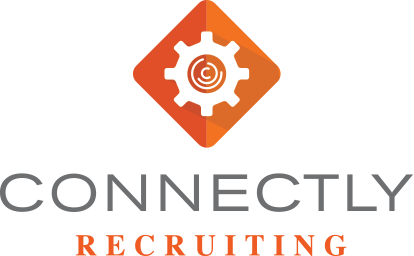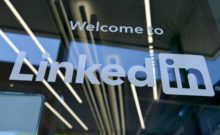As we start to transition back into the swing of things during our phased approach, we continue to manage our businesses, and ensure that we are equipped to serve our clients. One important and key aspect is related to managing our workforce. While life, as we know it, has changed, there are some important aspects to consider when making future hires.
Remote work will continue to be a consideration for some time. While some businesses cannot sustain remote employees for the short or long-term, others may be able to. This period of time has forced employers to think differently, and we are seeing some who are transitioning to remote workers for some positions for the extended term. Some are finding that the remote work is increasing productivity, as well as giving a competitive edge for recruiting and retention purposes.
In these situations, it will be important to clearly communicate the expectations of the role to candidates that you’re considering hiring. For example, will the employee be required to come into the office for certain events or meetings? Will there be any travel required? What are the specific hours that the employee will be expected to be online? Will the position be remote to start, and then later transition to an onsite position? Clear expectations should be set upfront, to avoid issues later.
Additionally, it will be important assess candidates differently. While the skillsets may be there, there are some key attributes to consider when hiring an employee who will work remotely. Remote work may be difficult for some – working remotely takes a high level of discipline and self-motivation. These attributes should be closely assessed during the interview process.
If an employee is being hired remotely, a robust onboarding process is just as important (if not more) as if the employee were being hired onsite. Successful hires will start with a detailed learning plan to get acclimated to the company, defined assignments and expectations, and consistent virtual meetings with managers and team members. To keep your workforce engaged, consider doing virtual lunch, and learns or happy hours. Simple things can help employees feel a deeper level of connection to their teams, leaders, and organizations, which is extremely important in times like this.






